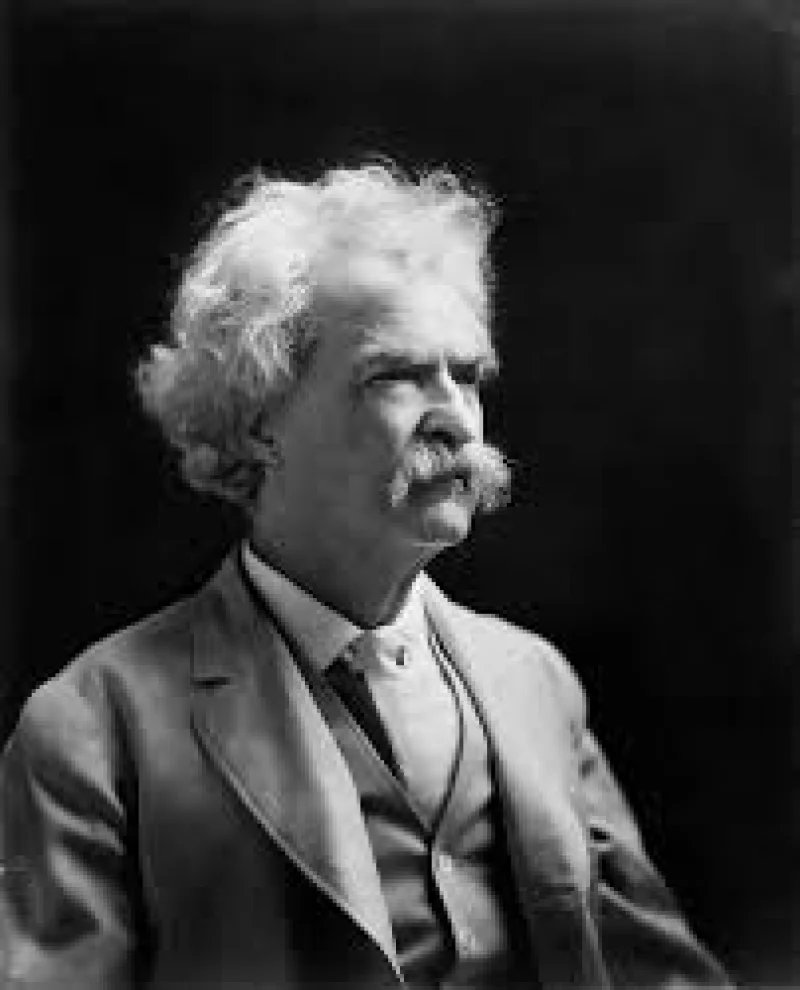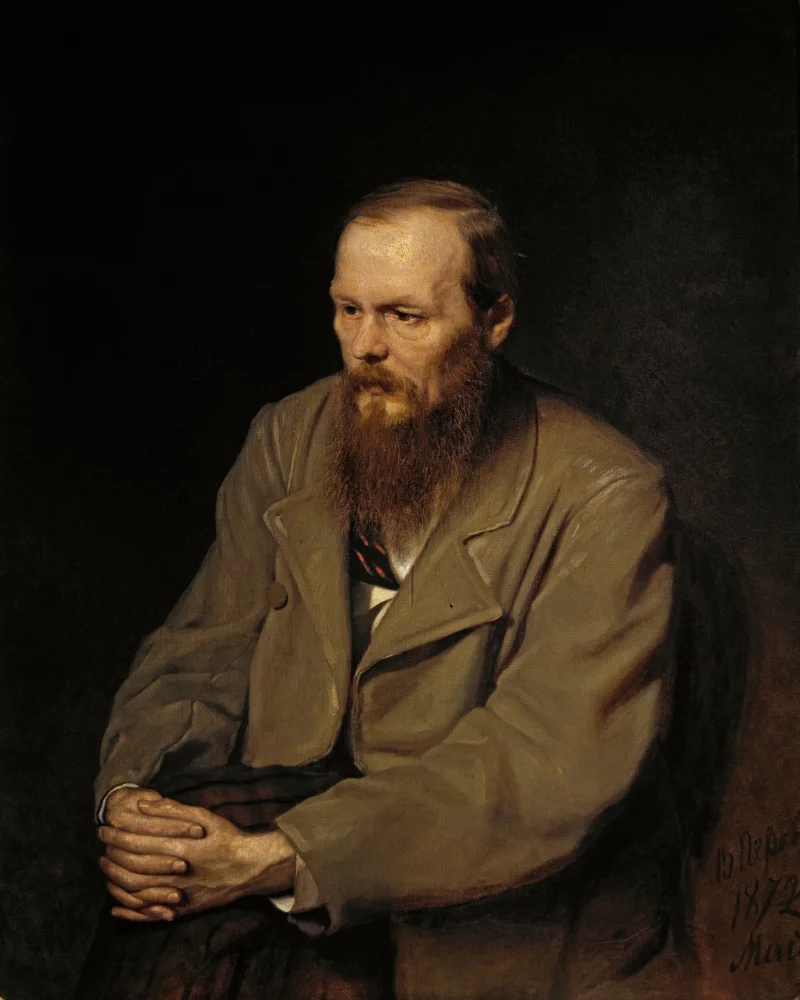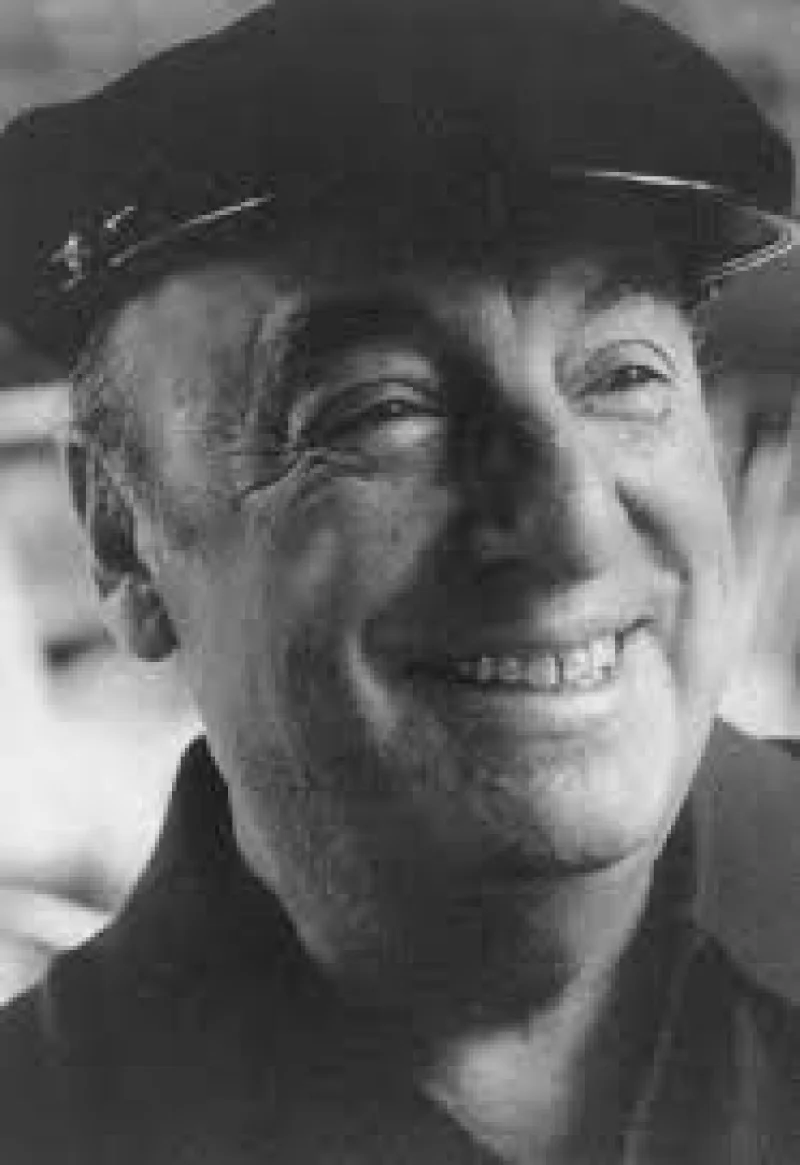Short Summary
Mark Twain, born Samuel Langhorne Clemens, was an iconic American author and humorist whose works have left an indelible mark on American literature. He is most renowned for his novels "The Adventures of Tom Sawyer" and "Adventures of Huckleberry Finn," which capture the essence of American life along the Mississippi River. Twain's keen wit, social criticism, and storytelling prowess have cemented his place as one of America's greatest literary figures.
Early Life & Education
Samuel Langhorne Clemens was born on November 30, 1835, in Florida, Missouri. He was the sixth of seven children in a family that faced financial difficulties and loss, with only four siblings surviving into adulthood. In 1839, the family moved to Hannibal, Missouri, a bustling river town that would later serve as inspiration for his fictional settings. Twain's formal education ended at the age of 12 after his father's death, which prompted him to seek work to support his family. Despite limited formal schooling, he was an avid reader and developed a profound understanding of human nature and society that would inform his writing.
Career Highlights
Twain's career began with a series of jobs, including printer's apprentice and riverboat pilot on the Mississippi River, which provided rich material for his future writings. His first taste of literary success came with the humorous short story "The Celebrated Jumping Frog of Calaveras County" in 1865. He then published his first major book, "The Innocents Abroad," in 1869, which was a travelogue documenting his experiences in Europe and the Holy Land. His major novels, "The Adventures of Tom Sawyer" (1876) and "Adventures of Huckleberry Finn" (1885), are considered masterpieces of American literature, showcasing his innovative use of vernacular speech and satirical social commentary.
Major Achievements
- Authored "The Adventures of Tom Sawyer," a classic American novel capturing the essence of boyhood.
- Published "Adventures of Huckleberry Finn," which is often hailed as one of the greatest American novels.
- Pioneered the use of vernacular speech in literature, influencing generations of writers.
- Renowned for his wit and humor, establishing himself as a leading social critic of his time.
Famous Quotes
- "The secret of getting ahead is getting started."
- "Whenever you find yourself on the side of the majority, it is time to pause and reflect."
- "Kindness is the language which the deaf can hear and the blind can see."
Interesting Facts
- Mark Twain was born shortly after Halley's Comet appeared and predicted he would "go out with it," which he did in 1910.
- He worked as a riverboat pilot on the Mississippi River, which greatly influenced his writing.
- Twain held a patent for a self-pasting scrapbook, which was a commercial success.
- His pen name "Mark Twain" comes from a riverboat term meaning two fathoms deep.
Legacy / Influence
Mark Twain's legacy endures through his contributions to American literature, particularly his innovative use of vernacular language and his keen social observations. His works continue to be studied and cherished for their portrayal of American life, humor, and incisive social critique. Twain's influence extends beyond literature, as his insights into human nature and society remain relevant and impactful in contemporary culture.
FAQ
Q: Why is Mark Twain famous?
A: He is famous for his classic novels "The Adventures of Tom Sawyer" and "Adventures of Huckleberry Finn," as well as his wit and social commentary.
Q: What inspired Mark Twain's writing?
A: His experiences growing up in Missouri, working as a riverboat pilot, and traveling extensively influenced his storytelling and themes.
Q: What is a notable feature of Twain's writing style?
A: Twain is known for his use of regional dialects and vernacular speech, bringing authenticity and depth to his characters and settings.











